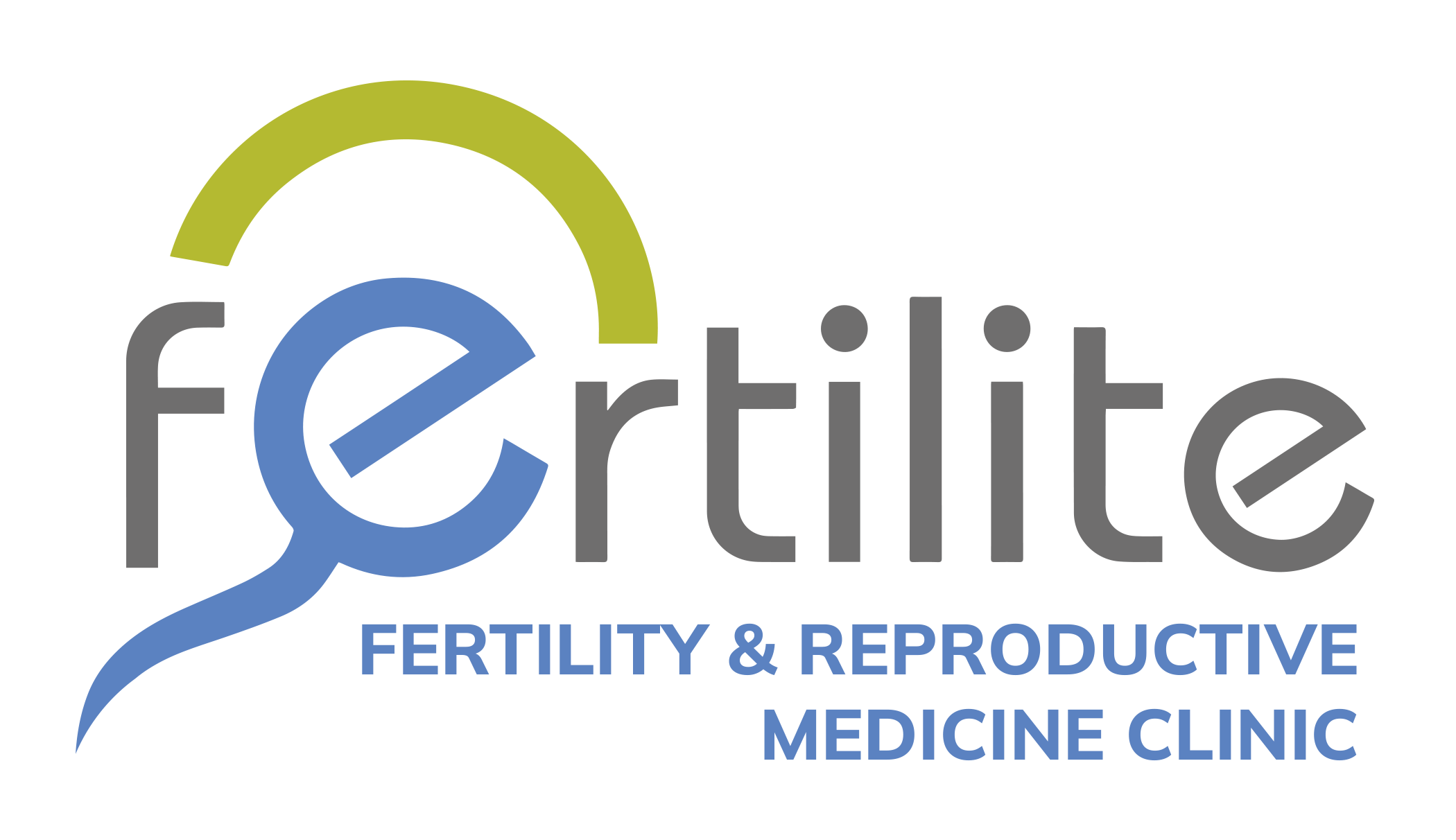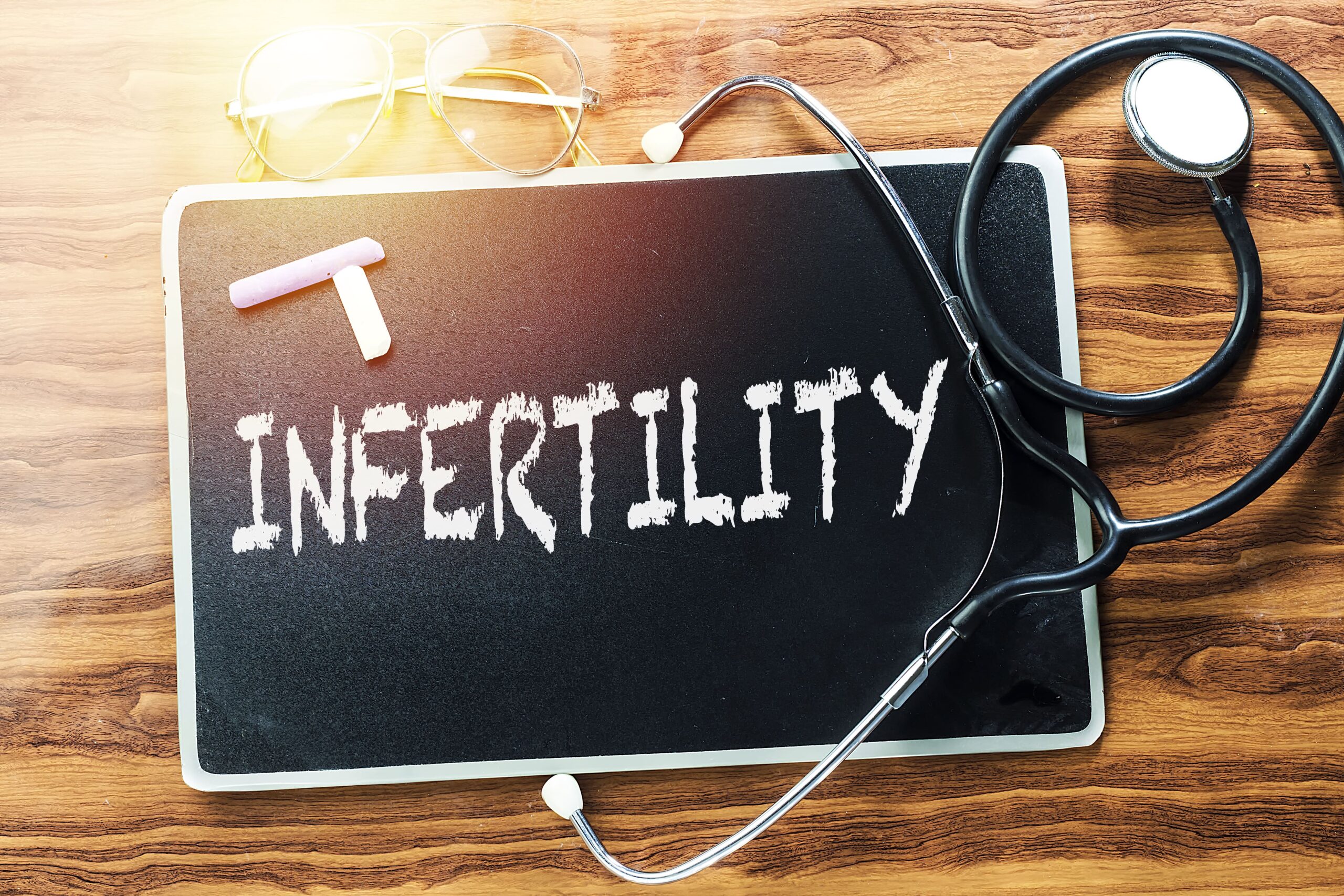The journey to parenthood can be an emotionally taxing experience for many individuals and couples. When faced with fertility challenges, the psychological impact can be profound, often leaving those affected feeling isolated, anxious, and overwhelmed. In recent years, there has been growing recognition of the critical role that mental health support plays in comprehensive fertility care. Fertility counseling has emerged as an integral component of holistic treatment approaches, offering invaluable emotional guidance and coping strategies throughout the family-building process.
The emotional toll of infertility can be immense, affecting various aspects of one’s life, from personal relationships to self-esteem. Fertility counseling provides a safe space for individuals and couples to explore their feelings, fears, and hopes related to their fertility journey. By offering professional support and guidance, counselors help patients navigate the complex emotional landscape of infertility, fostering resilience and promoting overall well-being. This holistic approach to fertility care recognizes that the mind and body are intrinsically linked and that emotional health can play a significant role in treatment outcomes.
Understanding Fertility Counseling
Fertility counseling is a specialized form of mental health support designed to address the unique emotional challenges faced by individuals and couples experiencing infertility or undergoing fertility treatments. This therapeutic approach encompasses a wide range of services aimed at providing emotional support, education, and coping strategies throughout the family-building journey.
At its core, fertility counseling seeks to help individuals process their feelings, make informed decisions about treatment options, and develop resilience in the face of uncertainty. The scope of fertility counseling is broad, covering various aspects of the infertility experience, from initial diagnosis to treatment outcomes and even beyond successful conception.
Types of Fertility Counselors
Fertility counseling can be provided by a diverse group of mental health professionals, each bringing their unique expertise to the field. Some of the most common types of fertility counselors include:
- Psychologists: These professionals typically hold doctoral degrees in psychology and are trained to provide in-depth psychological assessments and therapy. They may specialize in health psychology or reproductive issues.
- Licensed Clinical Social Workers (LCSWs): Social workers with advanced training in mental health can offer counseling services, often with a focus on the social and familial aspects of infertility.
- Marriage and Family Therapists (MFTs): These specialists are particularly skilled in addressing relationship dynamics and family systems, which can be significantly impacted by infertility.
- Psychiatric Nurses: Some nurses with advanced training in mental health may offer counseling services, combining their medical knowledge with psychological support.
- Reproductive Endocrinologists with Counseling Training: While not mental health professionals per se, some fertility doctors undergo additional training to provide basic counseling support to their patients.
When to Seek Fertility Counseling
Determining the right time to seek fertility counseling is a personal decision, but there are several common situations where professional support can be particularly beneficial:
- Upon receiving an infertility diagnosis: The initial shock and emotional impact of learning about fertility challenges can be overwhelming. Early counseling can help individuals and couples process their feelings and develop coping strategies.
- Before starting fertility treatments: Pre-treatment counseling can help set realistic expectations, address fears and concerns, and prepare patients emotionally for the journey ahead.
- During treatment cycles: The ups and downs of fertility treatments can be emotionally taxing. Ongoing counseling provides support and helps manage stress throughout the process.
- After failed treatment attempts: Coping with disappointment and loss is a crucial aspect of fertility counseling. Professional support can help individuals and couples navigate these difficult emotions and make decisions about future steps.
- When considering third-party reproduction: Using donor eggs, sperm, or surrogacy involves complex emotional and ethical considerations. Counseling can help individuals and couples explore these options and their implications.
- When fertility issues are causing relationship strain: Infertility can put significant stress on partnerships. Couples counseling can help improve communication and strengthen relationships during this challenging time.
- When experiencing depression, anxiety, or other mental health concerns related to infertility: Fertility challenges can exacerbate existing mental health issues or trigger new ones. Professional support is crucial in these situations.
- When making decisions about treatment options or family-building alternatives: Counseling can provide a neutral space to explore various options and make informed decisions that align with personal values and goals.
The Emotional Impact of Infertility
The experience of infertility can be emotionally devastating, often described by those affected as one of the most distressing life crises they have ever faced. The inability to conceive or carry a pregnancy to term can trigger a wide range of intense emotions, impacting various aspects of an individual’s life and well-being. Understanding these emotional challenges is crucial for providing effective support and developing coping strategies.
Common Emotional Challenges
Infertility can evoke a complex array of emotions, which may fluctuate over time and vary in intensity. Some of the most common emotional challenges experienced by individuals and couples facing infertility include:
- Stress: The constant pressure of trying to conceive, coupled with the demands of medical treatments, can lead to chronic stress. This stress can manifest physically, emotionally, and behaviorally, affecting overall quality of life.
- Anxiety: Uncertainty about the future, fear of treatment failure, and concerns about financial strain can all contribute to heightened anxiety levels. Many individuals report feeling constantly on edge or unable to relax.
- Depression: Persistent feelings of sadness, hopelessness, and loss of interest in previously enjoyable activities are common among those struggling with infertility. In some cases, these feelings may develop into clinical depression.
- Guilt and Self-Blame: Many individuals, particularly women, may experience feelings of guilt or inadequacy, blaming themselves for their inability to conceive. This self-blame can be particularly damaging to self-esteem and mental well-being.
- Anger and Frustration: The sense of injustice and lack of control over one’s body can lead to feelings of anger and frustration. These emotions may be directed at oneself, one’s partner, or even friends and family who seem to conceive easily.
- Isolation: Many individuals and couples experiencing infertility report feeling isolated from their peers, particularly as friends and family members start having children. This sense of isolation can exacerbate feelings of loneliness and depression.
- Loss of Control: Infertility can shatter the illusion of control over one’s life and future plans. This loss of control can be deeply unsettling and may contribute to feelings of helplessness and anxiety.
- Grief: The experience of infertility often involves multiple losses – the loss of the imagined child, the loss of the experience of pregnancy, and the loss of a particular vision for one’s life. This grief can be complex and ongoing.
Impact on Relationships and Self-Esteem
Infertility can have a profound impact on relationships, particularly intimate partnerships. The stress of trying to conceive, coupled with the emotional toll of infertility, can strain even the strongest relationships. Some common relationship challenges include:
- Communication Difficulties: Partners may struggle to express their feelings or may have different coping styles, leading to misunderstandings and conflict.
- Sexual Stress: The pressure to conceive can turn intimate moments into stressful, goal-oriented encounters, potentially impacting sexual desire and satisfaction.
- Blame and Resentment: If one partner is the primary source of infertility, feelings of blame or resentment may arise, even if not openly expressed.
- Differing Coping Mechanisms: One partner may want to talk about the experience constantly, while the other may prefer to avoid the topic, leading to feelings of disconnection.
- Financial Strain: The high costs associated with fertility treatments can put significant stress on a couple’s finances and decision-making processes.
The Grief Process Associated with Infertility
The emotional experience of infertility is often likened to a grief process, with individuals and couples mourning the loss of their imagined future and the child they hoped to have. This grief can be particularly challenging because it is often unrecognized by others and may lack clear resolution.
The grief associated with infertility may involve:
- Denial: Initially, many individuals may struggle to accept their fertility challenges, holding onto the hope that conception will happen naturally.
- Anger: As the reality of infertility sets in, feelings of anger and injustice are common. This anger may be directed at oneself, one’s partner, or even at those who seem to conceive easily.
- Bargaining: Many individuals find themselves making deals with a higher power or promising lifestyle changes in hopes of improving their chances of conception.
- Depression: As the emotional toll of infertility accumulates, feelings of sadness and hopelessness may intensify.
- Acceptance: Over time, some individuals and couples reach a place of acceptance, whether that means pursuing alternative family-building options or choosing to live child-free.
Benefits of Fertility Counseling
Fertility counseling offers a wide range of benefits for individuals and couples navigating the challenges of infertility. By providing professional support, guidance, and coping strategies, counseling can significantly improve the emotional well-being and overall experience of those undergoing fertility treatments. Let’s explore some of the key benefits of fertility counseling:
Emotional Support and Coping Strategies
One of the primary benefits of fertility counseling is the provision of emotional support and the development of effective coping strategies. Counselors help patients:
- Process Complex Emotions: Fertility counselors provide a safe space for individuals to express and work through the complex emotions associated with infertility, such as grief, anger, and anxiety.
- Develop Resilience: Through various therapeutic techniques, counselors help patients build emotional resilience, enabling them to better navigate the ups and downs of the fertility journey.
- Manage Stress: Counselors teach stress management techniques tailored to the unique challenges of infertility, such as mindfulness practices, relaxation exercises, and cognitive restructuring.
- Normalize Experiences: By sharing common experiences and emotions associated with infertility, counselors help patients feel less alone and more understood in their struggles.
- Enhance Self-Care: Counselors emphasize the importance of self-care and help patients develop personalized self-care plans to maintain emotional well-being throughout treatment.
Improved Communication with Partners and Family
Fertility challenges can strain relationships with partners, family members, and friends. Fertility counseling can significantly improve communication and understanding.
- Partner Communication: Counselors help couples develop effective communication strategies, enabling them to express their needs, fears, and hopes more clearly to each other.
- Conflict Resolution: For couples experiencing relationship strain due to infertility, counselors can teach conflict resolution skills and help partners find common ground.
- Family Dynamics: Counselors can guide patients in navigating complex family dynamics, such as dealing with well-meaning but insensitive comments from relatives or managing expectations from grandparents-to-be.
- Social Interactions: Fertility counseling can help individuals and couples develop strategies for handling social situations that may be emotionally challenging, such as baby showers or pregnancy announcements.
Stress Reduction Techniques
Chronic stress can have negative impacts on both emotional well-being and fertility itself. Fertility counselors employ various stress reduction techniques to help patients manage the pressures of treatment:
- Mindfulness and Meditation: Counselors may teach mindfulness practices to help patients stay present and reduce anxiety about the future.
- Progressive Muscle Relaxation: This technique can help patients release physical tension associated with stress.
- Guided Imagery: Visualization exercises can promote relaxation and positive thinking.
- Cognitive Behavioral Techniques: Counselors may use CBT to help patients identify and challenge negative thought patterns that contribute to stress.
- Time Management Strategies: Counselors can help patients develop strategies to balance the demands of fertility treatments with other life responsibilities.
Decision-Making Support for Treatment Options
The world of fertility treatment can be complex and overwhelming. Fertility counselors provide valuable support in the decision-making process.
- Information Clarification: Counselors can help patients understand and process complex medical information, ensuring they make informed decisions about their treatment options.
- Values Exploration: Through counseling, patients can explore their personal values and how different treatment options align with these values.
- Pros and Cons Analysis: Counselors can guide patients through a thorough analysis of the potential benefits and drawbacks of various treatment options.
- Future Planning: Fertility counseling can help patients consider long-term implications of their decisions, including how different choices might impact their future family dynamics.
- Alternative Family-Building Options: For those considering options like adoption or living child-free, counselors can provide support in exploring these alternatives and processing associated emotions.
Improved Treatment Adherence and Outcomes
Research suggests that fertility counseling can contribute to improved treatment adherence and potentially better outcomes:
- Enhanced Motivation: By addressing emotional barriers and fostering a positive mindset, counseling can help patients stay motivated throughout the treatment process.
- Better Understanding of Treatment: Counselors can reinforce medical instructions and help patients understand the importance of following treatment protocols accurately.
- Stress Reduction: By reducing stress levels, counseling may positively impact physiological factors that influence fertility.
- Improved Doctor-Patient Communication: Counseling can empower patients to communicate more effectively with their medical team, ensuring their needs and concerns are addressed.
- Preparation for Outcomes: Counselors help patients prepare emotionally for various potential outcomes, including both success and failure, which can lead to better coping regardless of the result.
Long-Term Emotional Well-Being
The benefits of fertility counseling often extend beyond the immediate treatment period:
- Relationship Strengthening: The communication skills and emotional understanding developed through counseling can have long-lasting positive effects on relationships.
- Personal Growth: Many patients report experiencing personal growth and increased self-awareness through the counseling process.
- Resilience Building: The coping strategies learned in fertility counseling can be applied to other life challenges, fostering long-term emotional resilience.
- Trauma Processing: For those who experience fertility treatment as traumatic, counseling can provide a path to healing and integration of these experiences.
- Transition Support: Whether transitioning to parenthood or to a child-free life, counseling can help patients adapt to their new reality.
Fertility Counseling Throughout the Treatment Journey
Fertility counseling plays a crucial role at every stage of the fertility treatment journey, offering tailored support to meet the evolving needs of patients. From the initial stages of considering treatment to navigating the complexities of various procedures and outcomes, counseling provides a consistent source of emotional guidance and practical coping strategies. Let’s explore how fertility counseling supports patients throughout their treatment journey:
Pre-Treatment Counseling and Expectation Setting
Before fertility treatments, pre-treatment counseling serves several important purposes:
- Emotional Readiness Assessment: Counselors help individuals and couples evaluate their emotional readiness for the challenges ahead, identifying potential areas of concern and developing strategies to address them.
- Expectation Management: By providing realistic information about success rates, potential challenges, and the emotional roller coaster of treatment, counselors help patients set appropriate expectations.
- Treatment Option Education: Counselors can supplement medical information, helping patients understand the psychological implications of various treatment options.
- Relationship Assessment: For couples, pre-treatment counseling can assess relationship strengths and potential areas of strain, developing strategies to support each other throughout the process.
- Financial Stress Planning: Counselors can help patients explore the potential financial stressors of treatment and develop coping strategies for managing these concerns.
Support During Treatment Cycles
As patients progress through various treatment cycles, counseling provides ongoing emotional support and practical coping strategies.
- Stress Management: Counselors offer techniques to manage the day-to-day stress of injections, appointments, and waiting periods.
- Emotional Regulation: Patients learn strategies to cope with the intense emotions that can arise during treatment, such as anxiety during the two-week wait or disappointment following a negative pregnancy test.
- Partner Support: Counseling can help partners understand and support each other’s unique emotional needs during treatment.
- Decision-Making Support: As treatment progresses, patients may need to make decisions about continuing, changing, or ending treatment. Counselors provide a neutral space to explore these options.
- Work-Life Balance: Counselors can help patients develop strategies for balancing the demands of treatment with work and other life responsibilities.
Coping with Treatment Failures and Losses
Unfortunately, not all treatment cycles are successful, and coping with failure or loss is a critical aspect of fertility counseling.
- Grief Processing: Counselors provide support in processing the grief associated with failed cycles or pregnancy loss, validating patients’ emotions and helping them move through the grieving process.
- Resilience Building: Through various therapeutic techniques, counselors help patients develop resilience and maintain hope in the face of setbacks.
- Relationship Support: Failed treatments can strain relationships. Counseling provides a space to address these challenges and strengthen communication.
- Self-Care Emphasis: Counselors help patients develop self-care strategies to nurture themselves emotionally and physically after a treatment failure.
- Future Planning: When faced with repeated failures, counselors can help patients explore their options, including further treatment, alternative family-building methods, or living child-free.
Preparing for Successful Outcomes
While much of fertility counseling focuses on managing challenges, it’s also crucial to prepare patients for successful outcomes.
- Transition to Pregnancy: Counselors help patients navigate the complex emotions that can arise with a successful pregnancy after infertility, including anxiety about pregnancy loss and guilt over past losses.
- Parental Identity Development: For those who have struggled with infertility, the transition to seeing oneself as a future parent can be challenging. Counseling supports this identity shift.
- Relationship Adjustments: Counselors help couples prepare for the ways their relationship may change with the addition of a child, especially after a long fertility journey.
- Anxiety Management: Many patients experience heightened anxiety during pregnancy after infertility. Counselors provide strategies to manage these fears and enjoy the pregnancy experience.
- Birth Preparation: Counseling can help patients prepare emotionally for the birth experience, addressing any fears or traumas related to their fertility journey.
Long-Term Follow-Up
The need for emotional support doesn’t necessarily end with a successful pregnancy or the decision to end treatment. Long-term follow-up counseling can address:
- Postpartum Adjustment: Parents who have experienced infertility may face unique challenges in the postpartum period. Counseling can provide support during this transition.
- Family Planning Decisions: For those considering future children, counseling can help navigate decisions about additional treatments or family-building options.
- Unresolved Grief: Some patients may need ongoing support to process unresolved grief related to their fertility journey, even after successful treatment.
- Identity Integration: Counseling can help individuals integrate their experiences with infertility into their overall life narrative and sense of self.
- Relationship Maintenance: Long-term counseling can help couples maintain the strong communication and coping skills developed during their fertility journey.
Conclusion
As we conclude, it’s important to emphasize that every fertility journey is unique, and there is no one-size-fits-all approach to emotional support. We encourage you to seek support when needed, as reaching out can provide comfort and clarity during challenging times. By recognizing the value of fertility counseling and making it an integral part of the treatment process, we can ensure that those facing infertility receive the comprehensive care they deserve. Whether you’re just beginning to consider fertility treatment, are in the midst of a challenging cycle, or are navigating the aftermath of treatment, remember that emotional support is available and can make a significant difference in your experience. By embracing the full spectrum of care offered through fertility counseling, you’re taking an important step towards not just building your family but also nurturing your emotional well-being and strengthening your relationships along the way.
REFERENCES:
https://www.bostonivf.com/wellness-center/fertility-counseling-program
https://www.rmany.com/resources/patient-resources/wellness-and-mental-health
https://oldtownpsychology.com/fertility




